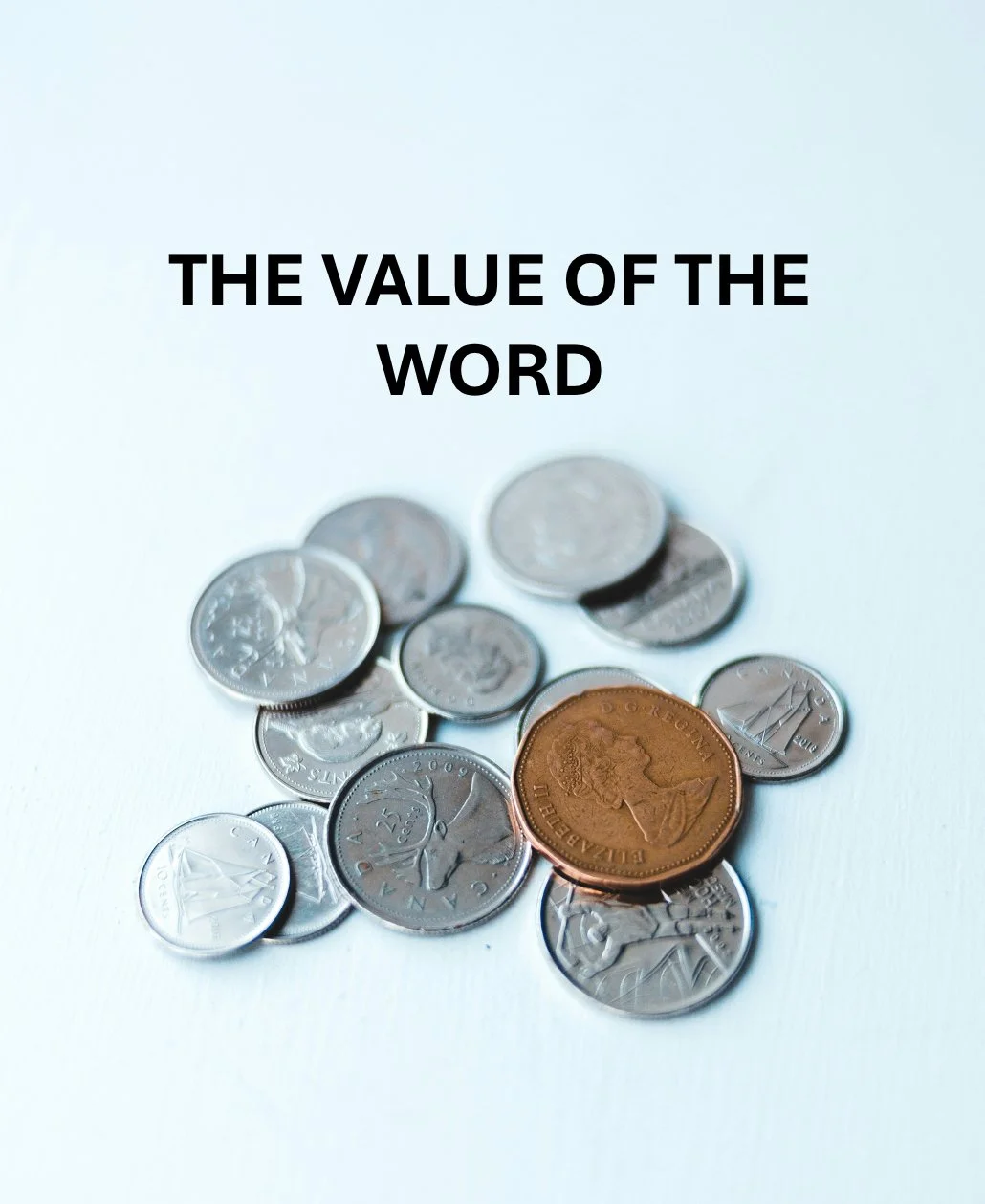The Value of the Word
“All Scripture is inspired by God and beneficial for teaching, for rebuke, for correction, for training in righteousness;”
2 Timothy 3:16
We have all heard this passage at one time or another, but I feel many fail in understanding the significance of this verse. When Paul is writing to Timothy regarding the use of scripture, he points out that it is all beneficial. All of it, not just passages, but even down to the singular level such as names. Today, we will be looking at a passage that connects the Old Testament to the New Testament, and also shows an important characteristic of our Father.
“So I purchased her for myself for fifteen shekels of silver, and a homer and a lethech of barley.”
Hosea 3:2
To put this verse into context, the woman in question here is the wife of the prophet Hosea. she had left her marriage vows and sought after other lovers only to be placed upon the auction block where her husband pays the price of 15 pieces of silver, a homer and lethech of barley. Now you may be wondering why I chose this specific passage in relation to 2 Timothy. Upon first glance it would appear that there really isn’t much to be learned from here other than my brief synopsis, however, there are two important lessons to be learned here.
First, we need to look at what a homer and lethech is. These are terms used to describe a dry measure. Often times, if there was not enough money to purchase an item the Israelites would use a certain weight of another item to equal the cost. Exodus 21:32 shows us that the price of a slave was thirty pieces of silver. “32 If the ox gores a male or female slave, the owner shall give his or her master thirty shekels of silver, and the ox shall be stoned.” So then we can deduce that a homer and lethech would equal the other 15 pieces of silver needed. Now this isn’t simply a math lesson, and I hope that when you saw that Hosea paid the price of thirty pieces of silver you started to remember where else this value comes into play. “Then one of the twelve, named Judas Iscariot, went to the chief priests 15 and said, “What are you willing to give me to betray Him to you?” And they set out for him thirty pieces of silver. 16 And from then on he looked for a good opportunity to betray Jesus.” Matthew 26:14-15. Is it not interesting to see that the cost paid to betray Jesus Christ is that of a slave? Now also keep in mind that Hosea’s wife, Gomer, has often been used as a physical representative of Israel while Hosea was a representative of God. The book of Hosea shows that God forgives Israel from wondering away from Him, and now we see that the price paid for Gomer is the same as for Jesus. God’s redemption plan is all throughout the scriptures, both Old and New Testament.
The second lesson we can see in Hosea 3:2 is from the little word “lethech”. This word only occurs in Hosea 3:2, it is not mentioned anywhere else in the Bible. While the meaning behind it is as a dry measure may not be important, the fact that it only occurs here is important. Hosea 3:2 shows us that the Old Testament can and should be connected to the New Testament, while the New Testament points back to the Old Testament. The singular use of the word “lethech” shows us that God only pays for our sin once, an act He did on the cross. When we accept Jesus as our Lord and savior, our sin is paid for, it is finished. While we may, and do, continue to make mistakes; God has already paid the price of it.
I hope that with the example of Hosea 3:2, we can all have a little more appreciation for 2 Timothy 3:16. When Paul states that all scripture is beneficial, he truly means all!
Seek the truth and encourage one another,
Alex
